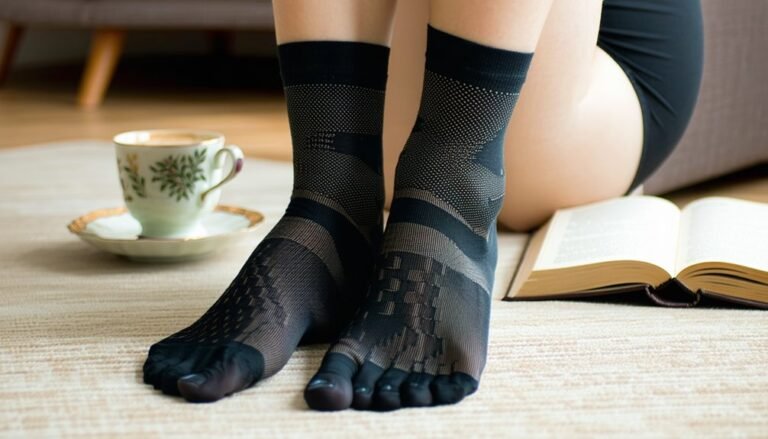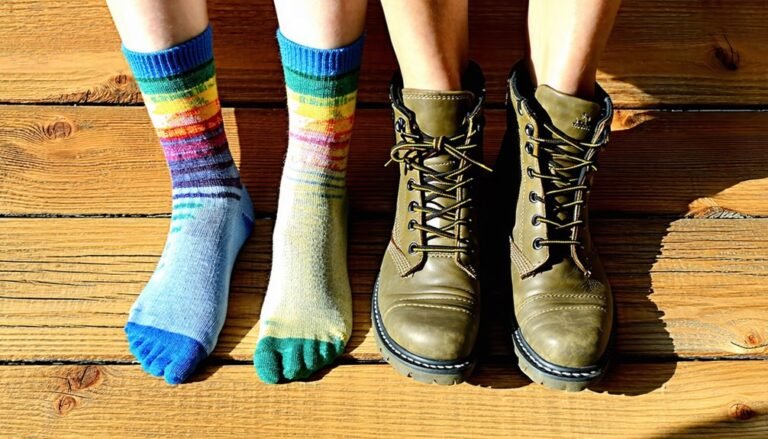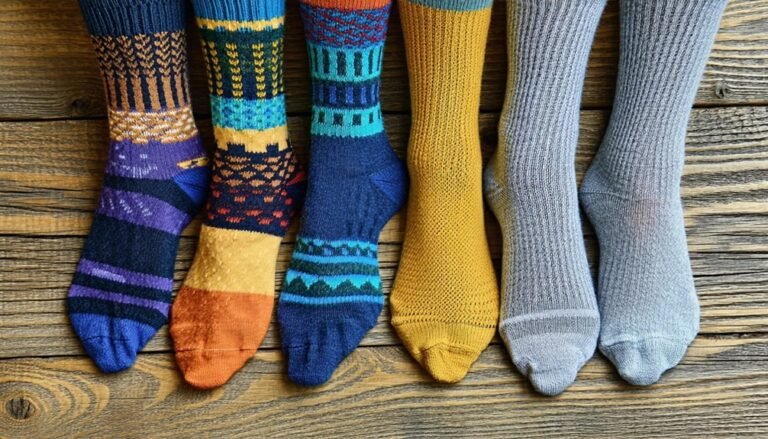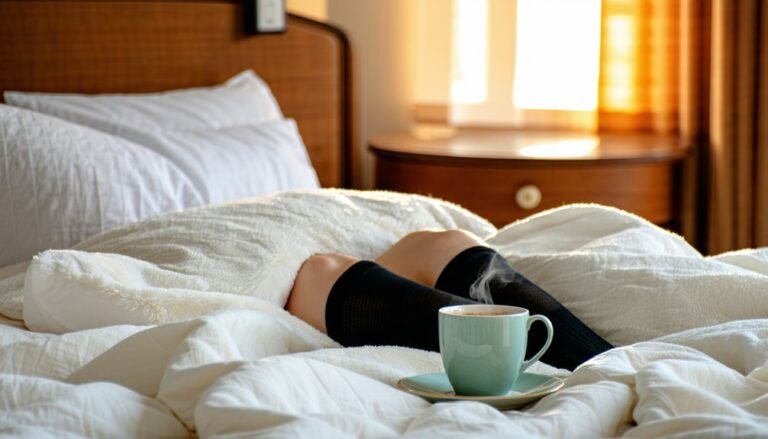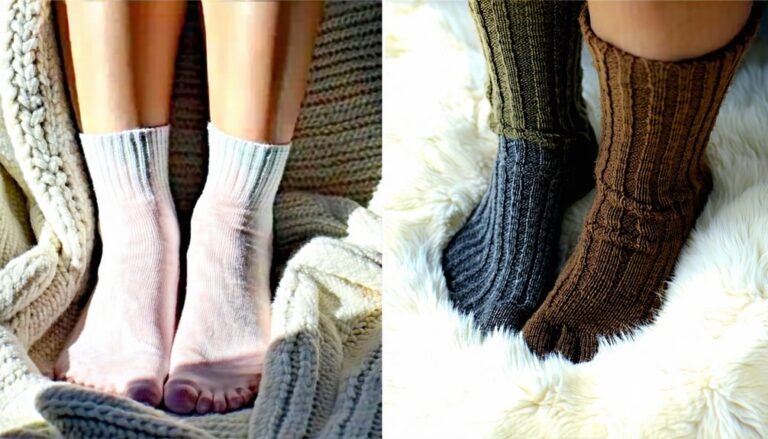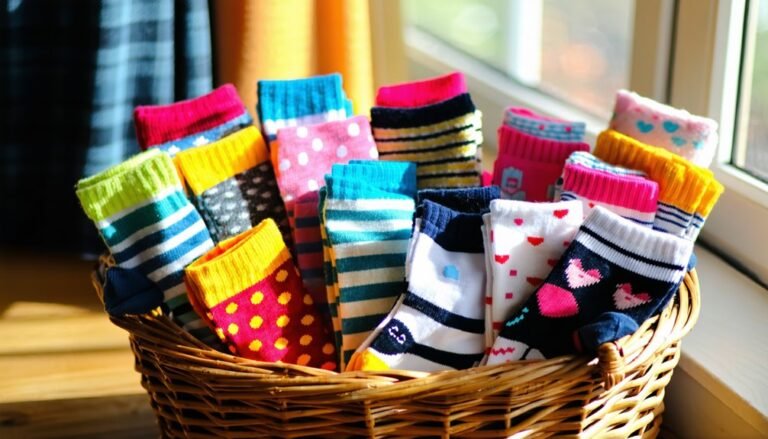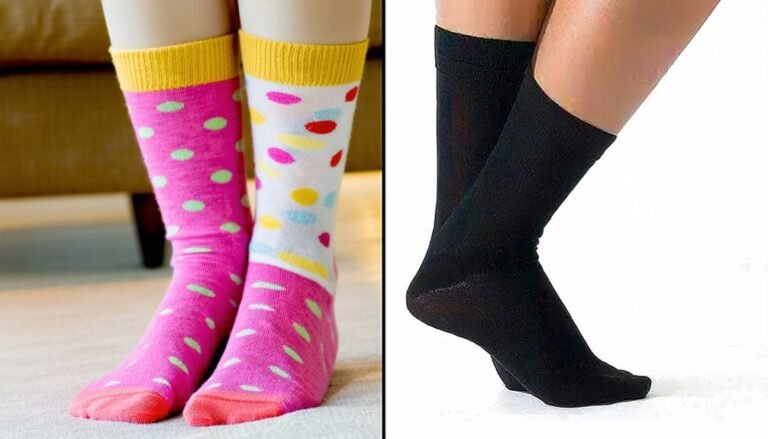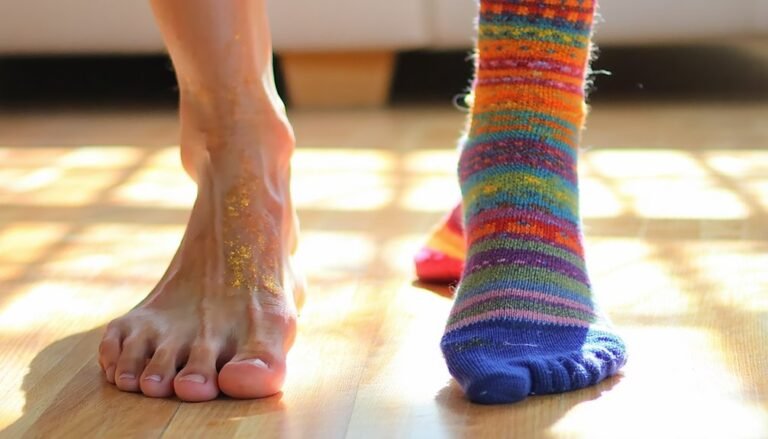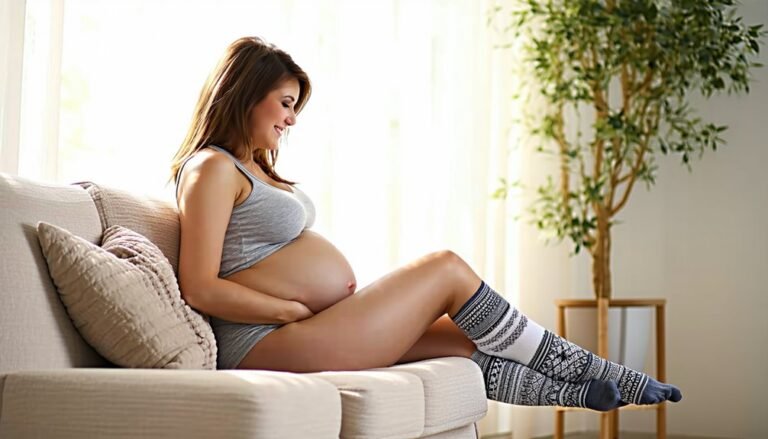Can You Wear Compression Socks All Day?
Wearing compression socks all day can be both safe and beneficial if you select the correct compression level and guarantee a proper fit. They facilitate enhanced circulation and reduce the risk of venous disorders. It's important to monitor for signs of discomfort, such as skin irritation or numbness, and make adjustments if needed. Consulting a…

